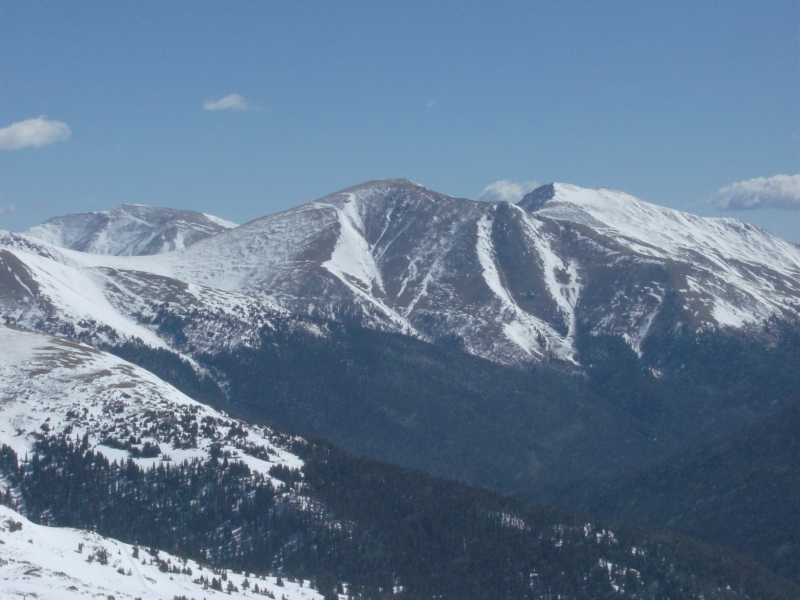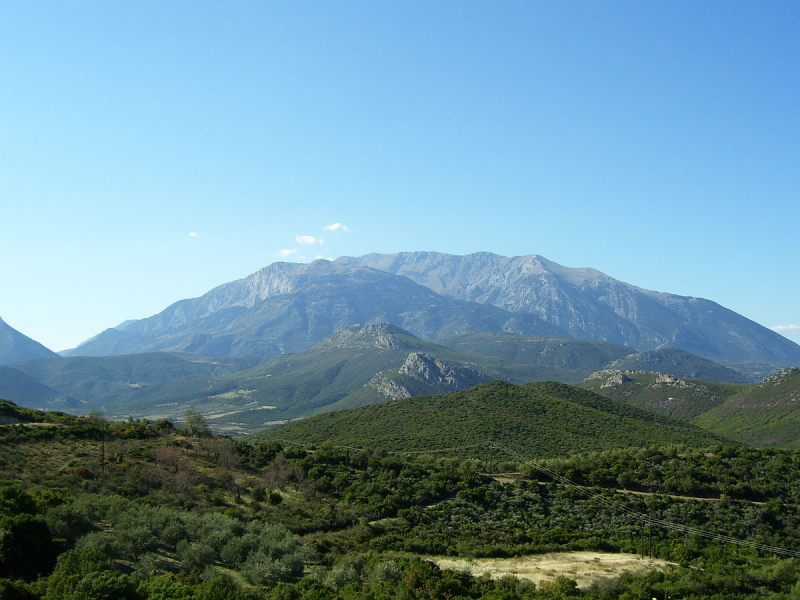Parnassus

Mount Parnassus is a mountain in central Greece that runs across three municipalities: Boeotia, Phocis, and Phthiotis; its parent is also Pindus. Liakouras, the tallest peak in the area, stands at 2,457 meters. Parnassus is connected to Giona on the northeastern side. Mount Parnassus is a mountain range in central Greece that is and has been historically significant to the Greek nation and, prior to that, to Greek city-states for a variety of reasons. It is a major worldwide recreational location with views of highland landscapes and gives picturesque vistas of the countryside in solitude. In terms of economics, its undulating hillsides and valleys are home to vast olive orchards, a cash crop that has been traded all over the world since antiquity. Delphi, positioned on the southern slopes of the mountain in a rift valley north of the Gulf of Corinth, is one of the mountain's historical, archaeological, and other cultural sites.
According to legend, it was named after Parnassos, a muse's son, and the mountain was home to the Muses, who were noted for poetry and other arts. Experts declared the Parnassus as a National Park in 1938 to protect the area's remarkable biodiversity. The mountain has endemic species and wildlife that must be protected. In early Greek literature, Parnassus is mentioned. Homer's Iliad mentions many of its ancient villages. In terms of linguistics, it was home to Dorians states such as the Phokians, who spoke a Doric dialect known as Phokian. This mountain was dedicated to Dionysus and the Dionysian mysteries, as well as Apollo and the Corycian nymphs, and it was the abode of the Muses, according to Greek mythology.
The park encompasses the greater territory of Delphi, a culturally significant archaeological site, as well as the traditional town of Arachova. Quality amenities are available, including elegant resorts and a well-known ski facility that is well-equipped and busy during the winter months.
Elevation: 2,457 m
Mountain range: Pindus
Location: Greece












